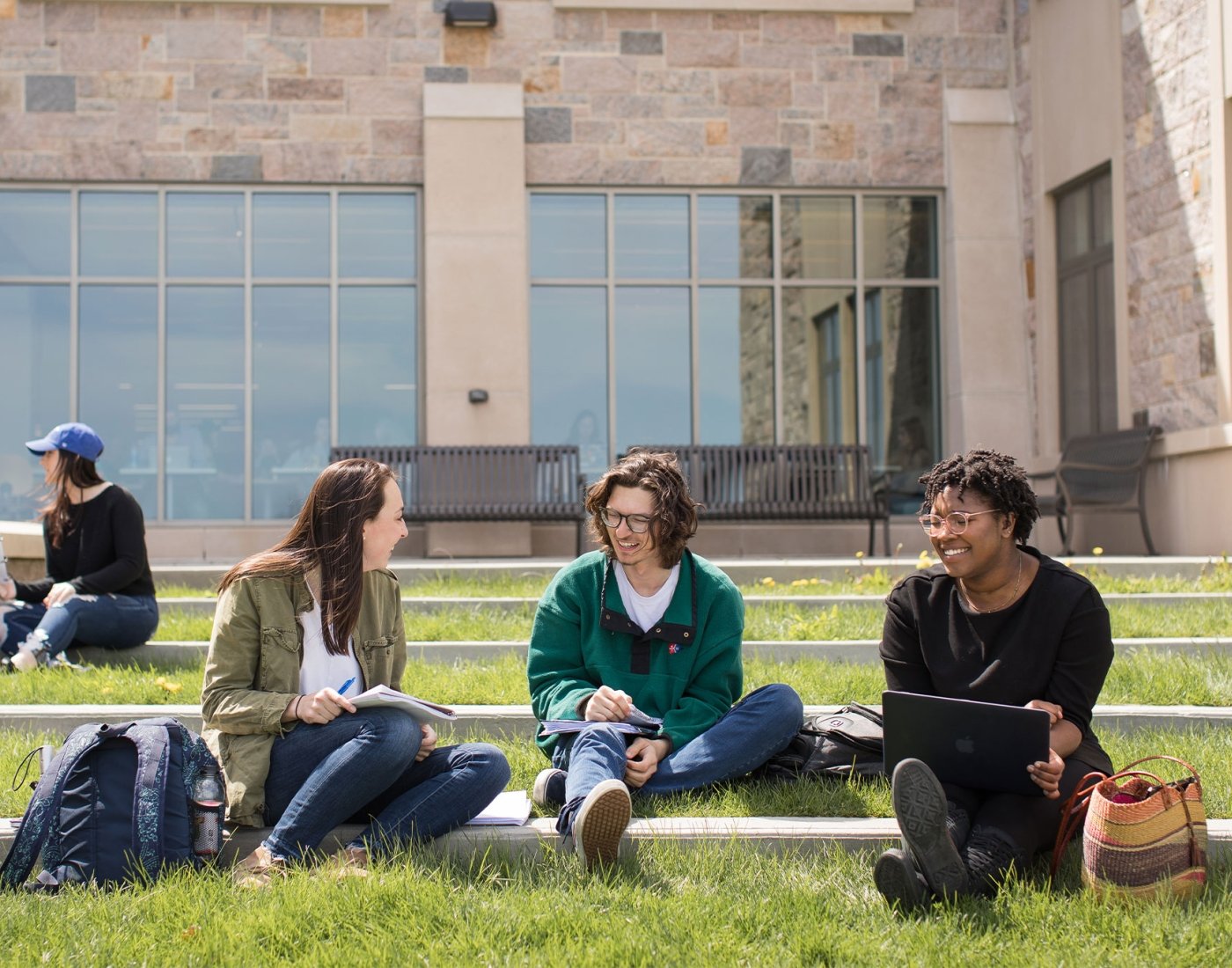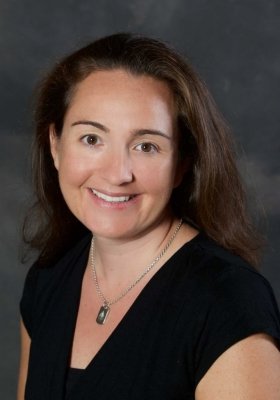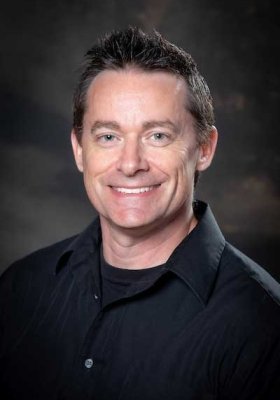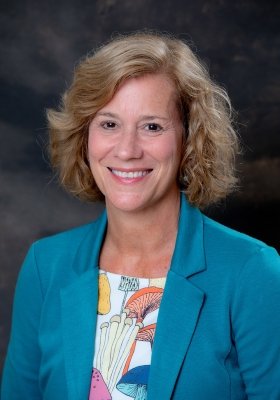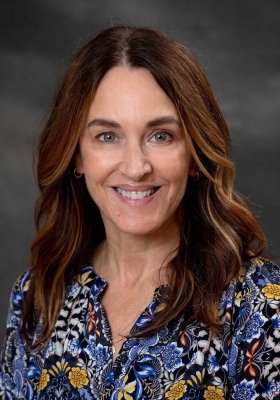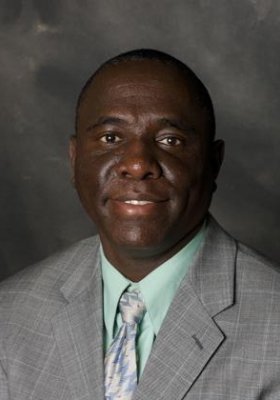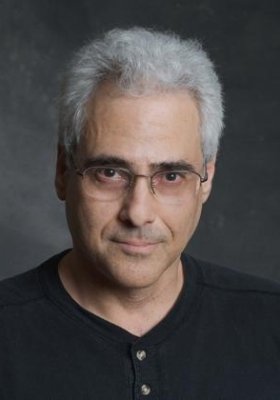Engineering (3+2 Dual Degree)
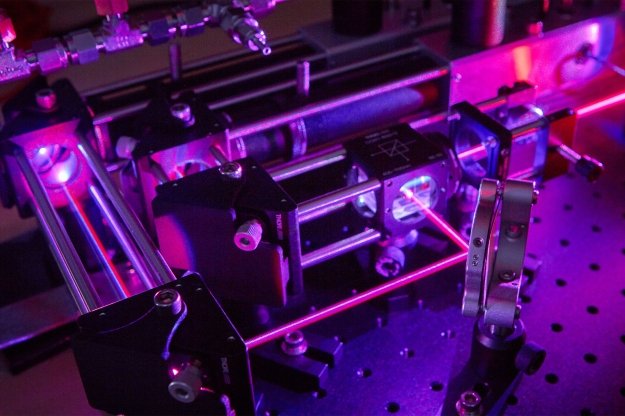
Salve Regina University’s partnerships with the University of Massachusetts Dartmouth and Washington University in St. Louis offer dual-degree programs in which students complete three years of coursework in chemistry or mathematics at Salve, followed by two years of engineering study at the partner institution.
Our partnerships combine a strong liberal arts foundation in the mercy tradition with an ABET-accredited engineering program, providing a rigorous, transformative education that prepares students for graduate school and a multitude of career pathways.
While at Salve, students take Core Curriculum courses and major in chemistry or mathematics. Students who attend UMass Dartmouth study biomedical engineering, while students who attend WashU choose from biomedical, chemical, electrical, mechanical or systems engineering. After successful completion of both programs, they earn a B.A. from Salve and a B.S. from the partner institution.
To be eligible for UMass Dartmouth’s program, Salve students must maintain a 2.50 GPA, with no grade below C- in courses being used toward the engineering degree. To be eligible for WashU's program, Salve students must maintain a 3.25 GPA, with no grade below C- in any mathematics or science courses.
January Term at WashU
Students enrolled in the WashU 3+2 program who meet the minimum GPA requirement are invited to participate in the WashU J-Term during winter break of their junior year. Offered as an 11-day intensive experience, students complete a three-credit engineering course that may be counted toward the Salve degree and the WashU degree. This is a great way to get a head start on building connections in the community before officially transferring.
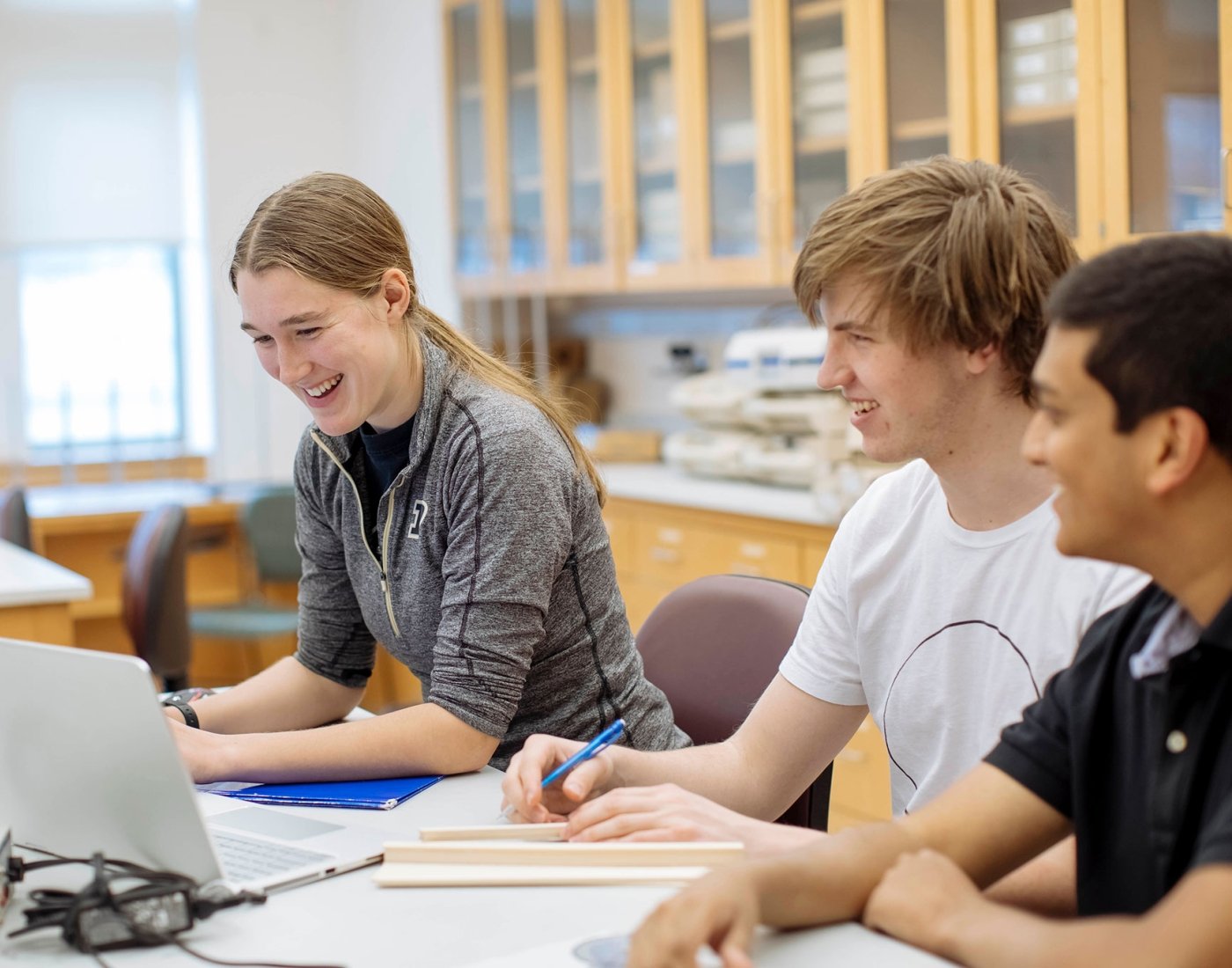
3+3 Accelerated Options
In addition to the 3+2 dual-degree offerings, students may also be eligible to apply for accelerated graduate programs and complete their master's degree in just one additional year. At UMass Dartmouth, the 3+3 option leads to a Master of Science in biomedical engineering and biotechnology. At WashU, the 3+3 option leads to a Master of Engineering or Master of Science in one of 17 concentrations and guarantees significant tuition discounts during the three years of enrollment.
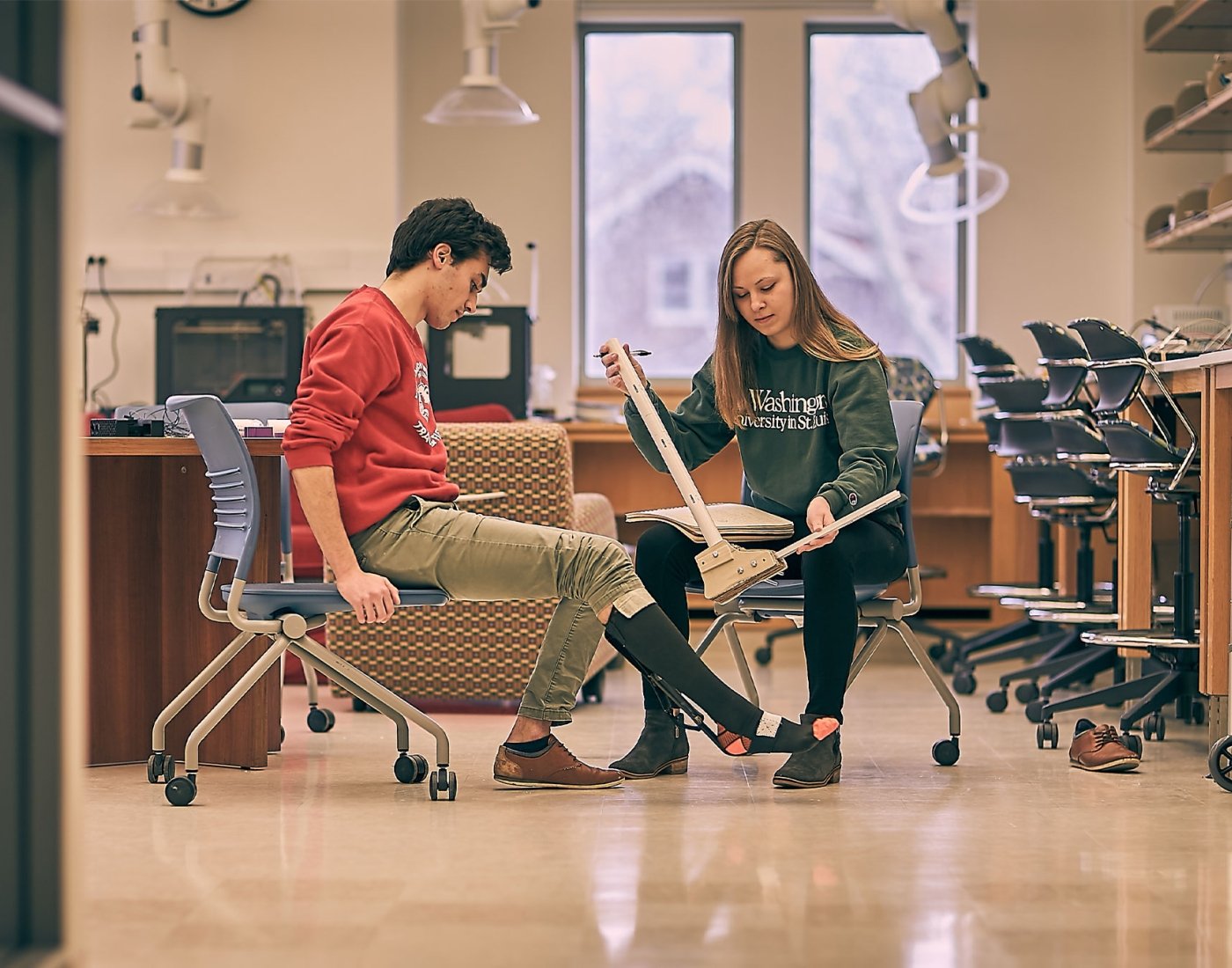
Career Paths in Engineering
Students who complete the dual-degree engineering program learn to approach problem-solving and innovating from diverse perspectives in different environments. Our graduates enter their careers equipped with critical and scientific thinking skills, collaborative communication experience, technical expertise and adaptability.
Possible employers include:
- Federal commissions, departments and regulatory agencies
- Hospitals and health care facilities
- Medical equipment and supplies manufacturers
- Pharmaceutical manufacturers
- Private and national research laboratories
- Research facilities in educational and medical institutions
- Scientific or technical service companies
- Utility companies
Degree Options
Bachelor of Arts in chemistry (Salve) and Bachelor of Science in bioengineering (UMass Dartmouth)
Bioengineering is an interdisciplinary field that applies engineering principles to biological systems and questions, from developing environmentally-friendly materials to designing innovative medical devices. The bioengineering program will prepare you to join a new generation of innovators and leaders in fields with significant and growing employment opportunities including health care, public health, and biomanufacturing. Paired with a biomedical engineering concentration, students focus on medical applications of bioengineering, including biomedical device development and tissue engineering.
Bachelor of Arts in chemistry (Salve) and Bachelor of Science in biomedical engineering (WashU)
Diagnosing and treating complex diseases are significant long-term challenges, yet they present some of the greatest possibilities for improving global quality of life. Through a convergence of disciplines, physicians, scientists and engineers are beginning to understand the medical and health potential of cutting-edge research in areas such as genome and imaging sciences, novel medical devices and new drugs and delivery methods.
Bachelor of Arts in chemistry (Salve) and Bachelor of Science in chemical engineering (WashU)
Developing renewable energy sources, alleviating the shortage of clean water and providing for clean air in many areas of the world are important challenges facing society. Chemical engineers transfer scientific discoveries to modern technologies and novel products that benefit society and minimize the impact on the environment.
Bachelor of Arts in mathematics (Salve) and Bachelor of Science in electrical engineering (WashU)
Electrical engineering is the profession for those who are intrigued with electrical phenomena and wish to contribute to a society that is increasingly dependent on electricity and sophisticated electronic devices. A profession of broad scope, electrical engineering offers many specialty careers designed for engineers who seek an endless diversity of career paths on the cutting edge of technology.
Bachelor of Arts in mathematics (Salve) and Bachelor of Science in mechanical engineering (WashU)
Mechanical engineering is critical in a variety of important emerging technologies. Mechanical engineers design and develop artificial organs, prosthetic limbs, robotic devices, adaptive materials, efficient propulsion mechanisms, high-performance aerospace structures and advanced renewable energy systems. The core concepts of mechanics, thermal systems and materials science are at the heart of these technologies.
Bachelor of Arts in mathematics (Salve) and Bachelor of Science in systems science and engineering (WashU)
Systems science and engineering views an entire system of components as an entity rather than an assembly of individual parts. A rapidly developing field, the engineering and mathematics of systems is concerned with the identification, modeling, analysis, design and control of systems that are potentially as large and complex as the U.S. economy or as precise and vital as a space voyage.
Meet Our Engineering Faculty
Through individualized research projects, our chemistry faculty provide opportunities for enhanced learning and intellectual development, empowering students to explore new ideas and make important scientific discoveries. Our mathematics faculty help students hone their reasoning and problem-solving skills with a challenging curriculum that explores the fundamentals of mathematics, statistics, computational science and data analysis.
Financial Aid Resources
Engineering students are encouraged to contact the financial aid offices at the partner institutions for individualized guidance regarding financial aid and scholarship opportunities.
